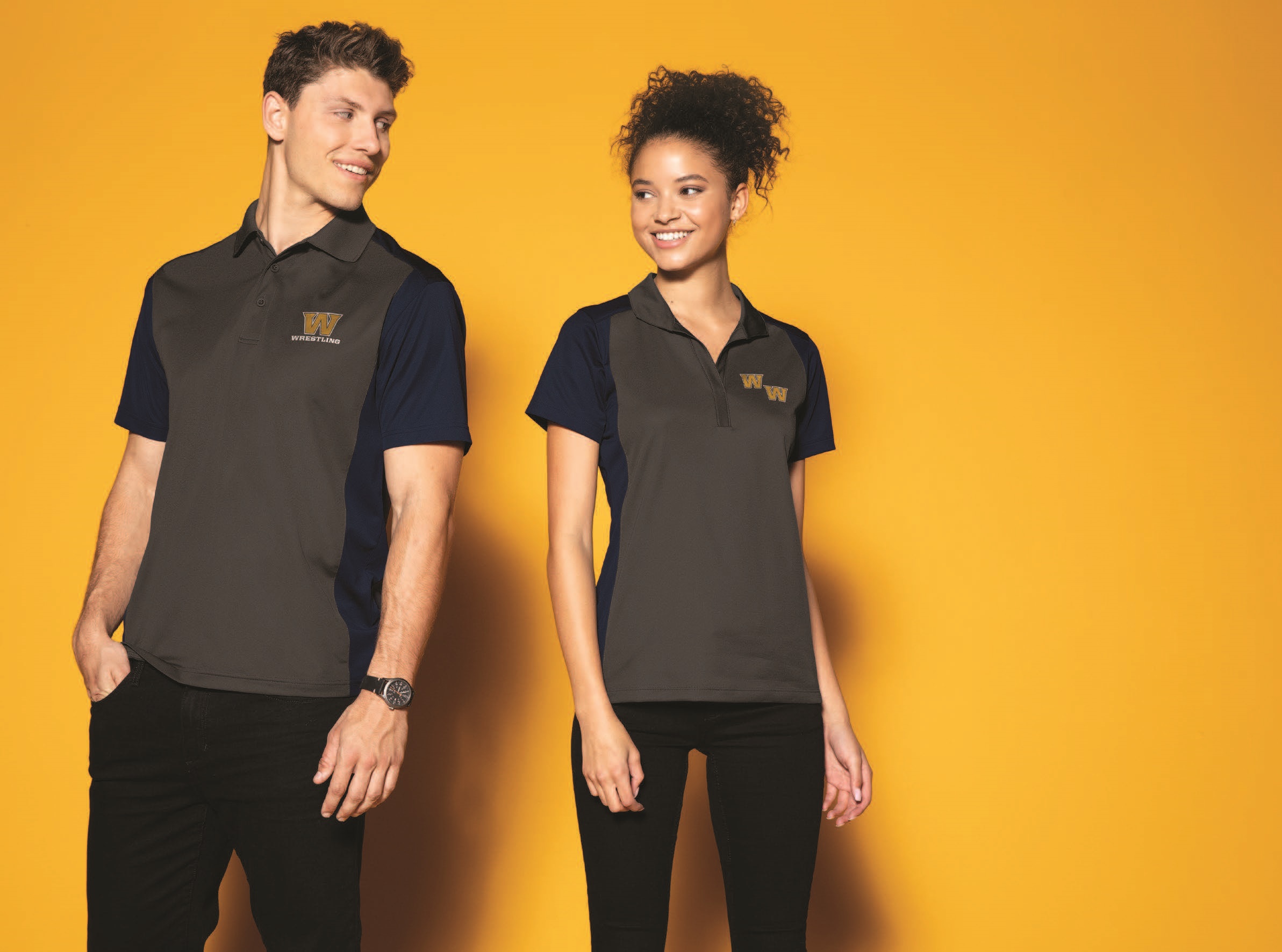Peloton has been getting some bad press lately. First, there were reports that the company was slashing sales forecasts due to weakening demand, sending Peloton shares tumbling. Then, a fictional character on a television show died after riding a Peloton bike, sending the company into damage control mode. Then, somehow, that happened again, with a different character on a different show.
Most recently, CNBC reported that Peloton slashed 2022 sales projections for its branded apparel business as pandemic demand drops even further.
That’s more bad news for the company’s shareholders, but buried in the doom-and-gloom of that report was a staggering statistic: Peloton’s 2021 branded apparel revenue topped $100 million—more than double its 2020 total.
After launching its private label in September of last year, Peloton partnered with mega stars like Beyonce and continued collaborating with adidas on branded capsules. That’s one way to start with a bang: immediately work with some of the biggest names in the world.
By December, Peloton caught the attention of Lululemon, however, who filed a patent lawsuit against Peloton claiming that it infringed on Lulu’s intellectual property. But that wasn’t enough to derail Peloton’s branded apparel operation, which had generated a reported $41 million in revenue in 2020, selling about 800,000 units.
Peloton attributed a lot of that growth to the pandemic. People were working out from home more, and Peloton is nearly synonymous with at-home fitness. Also, with fitness apparel blurring the lines between fashion and function, people could wear their comfy workout clothes more often, creating a perfect opportunity to sell athleisure products.
The company would go on to sell just shy of 2 million units of apparel in 2021, according to CNBC, and had trouble keeping up with that demand.
For 2022, Peloton is managing its own expectations by decreasing its $200 million forecasted annual revenue, expecting more like $150 million in apparel sales. That’s still a significant amount. And, as people return to normal life again, Peloton said it might have to pivot a little bit from at-home workout clothes to pieces more fit for the streets.
This internal look at Peloton’s apparel arm, though a *small* fraction of the overall biz, gives another glimpse into how the fitness company rode a wave of heightened demand during the pandemic. But that demand has started to normalize, and Peloton now has to reset. $pton https://t.co/XK3KNShh3w
— Lauren Thomas (@laurenthomas) January 31, 2022
“As people leave their homes, some share of consumer wallet is moving toward ‘going-out’ apparel as opposed to ‘stay-at-home’ athleisure,” one slide of Peloton’s revenue presentation says, according to CNBC. “As Peloton member rate of growth softens, organic apparel may move in lockstep.”
While slashed sales forecasts are certainly not the news Peloton or its shareholders want to hear, the raw totals are still incredible from a branded apparel perspective. Here was a brand known for fitness equipment that, in two years time, built a substantial secondary revenue stream with its apparel business—one that is projected for $150 million in sales during a down year.
That speaks volumes to the market opportunity branded apparel presents for companies willing to invest in it.



